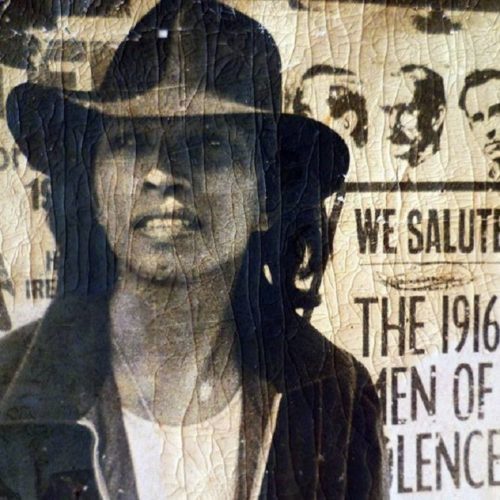
WHEN Malaysian poet Salleh Ben Joned, arose to read at the 12th triennial international conference of the Association of Commonwealth Literature and Language Studies at the ANU on July 11, 2001, he began with poems by Canberra’s AD Hope, who had died on July 13 the year before.
That came as a shock to the assembled literati, who expected the “bad boy” of Malaysia’s intellectual scene to have used the moment to lay into racism in Australia, Islamic fundamentalism, sexual inequality or any of the countless things he was known to loathe.
It was Salleh, after all, who had, while thumbing his nose at the establishment in Australia and Malaysia alike, did a fair bit of falling in the grass and even the mud, to find the glittering gems.
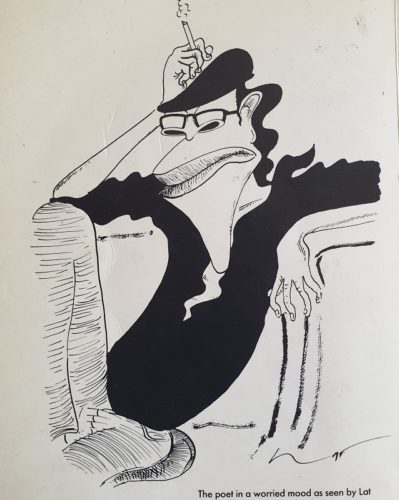
But many of them might not have known that as a young student, Salleh had fallen under the spell of poet James McAuley and his good friend Hope, with whom, throughout his turbulent career, he continued to correspond and from whom he learnt lessons about speaking the truth in verse.
I had a front-row seat, since he was staying in my home at the time, but you didn’t need to be that close to have heard of his exploits.
Now, as part of “The History Listen”, hosted by Kirsti Melville on Radio National, Salleh’s daughter Anna, a journalist with the ABC’s Science Unit and an expert on Brazilian music, will tell both the Australian and Malaysian tales of her “infuriating but lovable” father in a two-part documentary, “Salleh Ben Joned: A Most Unlikely Malay”.
Salleh, or “Abah” as she calls him, the familial term from his native state of Malacca, was born an enfant terrible. Luckily for him and those close to him, he won a Colombo Plan scholarship and headed for Australia in the 1960s.
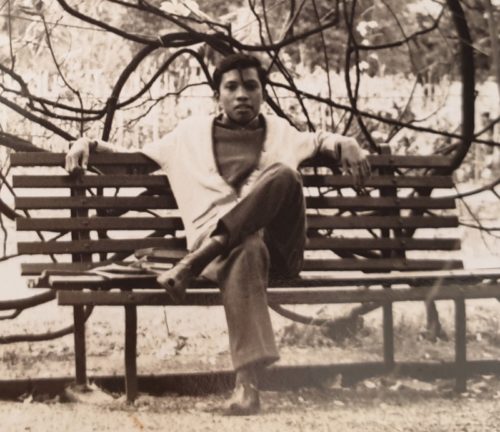
Here, wilder than the wildest of campus identities, he was to shock people with his colourful dress and his even more colourful ideas. Landing first at the University of Adelaide, he shocked the establishment by marrying a fellow student, now the feminist academic Ariel Salleh and Anna’s mother, so transferred to the University of Tasmania, quickly becoming editor of the uni newspaper.
Anna’s documentary outlines the scandal surrounding the paper’s infamous “colour supplement” from June 1969, where a dark-skinned man (Salleh) and a bare-breasted white woman were shown draped in the Australian flag, commenting on racism in Australia. Police confiscated the edition for obscenity.
Stories about Salleh abounded. Notorious for taking his revenge on the proprietors of a local pub by driving into their front window. He also led the life of a father, but when tragedy struck and his second baby daughter Maria was killed in a motor accident, he headed back to Malaysia with young Anna in tow.
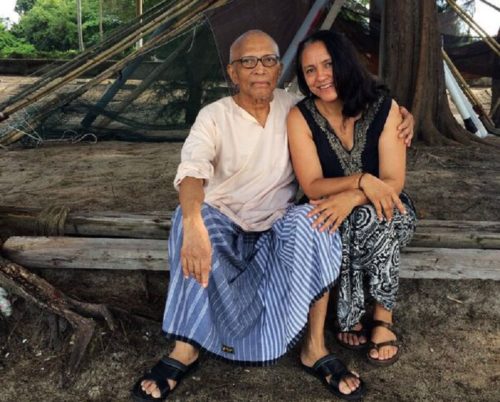
Once back in Malaysia, he became variously a professor of English at the University of Malaya specialising in Shakespeare, a scriptwriter on TV3, a columnist for the New Straits Times and the leading critic and intellectual at the bohemian end of the arts spectrum.
Just as he had done in Australia, Salleh spared no one, least of all his fellow Malays, in a country increasingly obsessed with Malay ascendancy and the concept of the “Bumiputera”, the indigenous Malays.
It was only a matter of time before he found himself in conflict with his own constituency, performing a public act of excoriation by urinating on a manifesto by the admired artists Suleiman Esa and Redza Piyadasa during a conceptual art exhibition called “Towards a Mystical Reality”.
Just as in Australia, everybody in Malaysia has a Salleh story, like the time he was kicked out of the university staff club in KL for his irreligious views.
In the second part of the documentary, Anna outlines his influence, his descent into an interior world of isolation through increasing problems with bipolar, and his unlikely re-emergence in recent years as the hero to young Malaysian intellectuals and writers.
Anna‘s own love of music has led her to incorporate quite a few entertaining old Malay songs and Salleh himself is heard reading his poetry in the rhetorical style heard at Malaysian “declamation nights”.
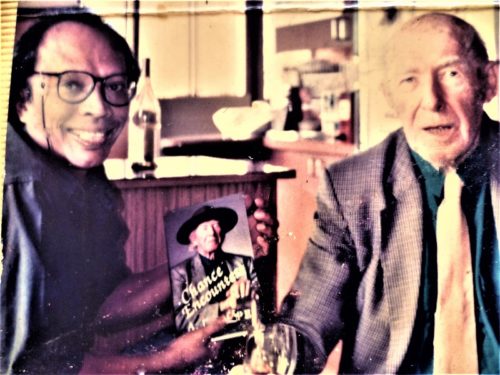
One of his favourite party pieces, AD Hope’s “Australia”, is performed by by an actor on air as a biting excoriation of Australia – “And her five cities, like five teeming sores/Each drains her, a vast parasite robber state”.
If you ever thought the Colombo Plan students in the good old days were a polite, submissive lot, this documentary will be an antidote.
A “must-listen” for anybody interested in Australian-Asian relationships, it shows Salleh in both countries as an iconoclast who set about opposing cant and conventionality.
“Salleh Ben Joned: A Most Unlikely Malay”. Part one airs on Saturday, September 26 at 5.30pm, and Monday, September 28 at 12am. Part two airs on Tuesday, September 29 at 11am; Saturday October 3 at 5.30pm, and on Monday, October 5 at 12am.
Part one and part two are also available on demand.
Photos courtesy of Salleh Ben Joned’s family.
Who can be trusted?
In a world of spin and confusion, there’s never been a more important time to support independent journalism in Canberra.
If you trust our work online and want to enforce the power of independent voices, I invite you to make a small contribution.
Every dollar of support is invested back into our journalism to help keep citynews.com.au strong and free.
Thank you,
Ian Meikle, editor
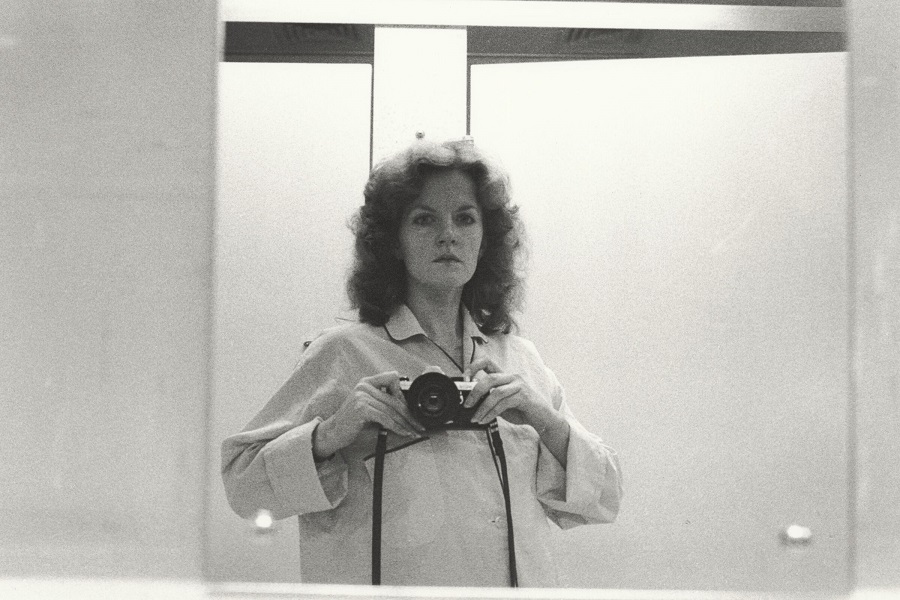
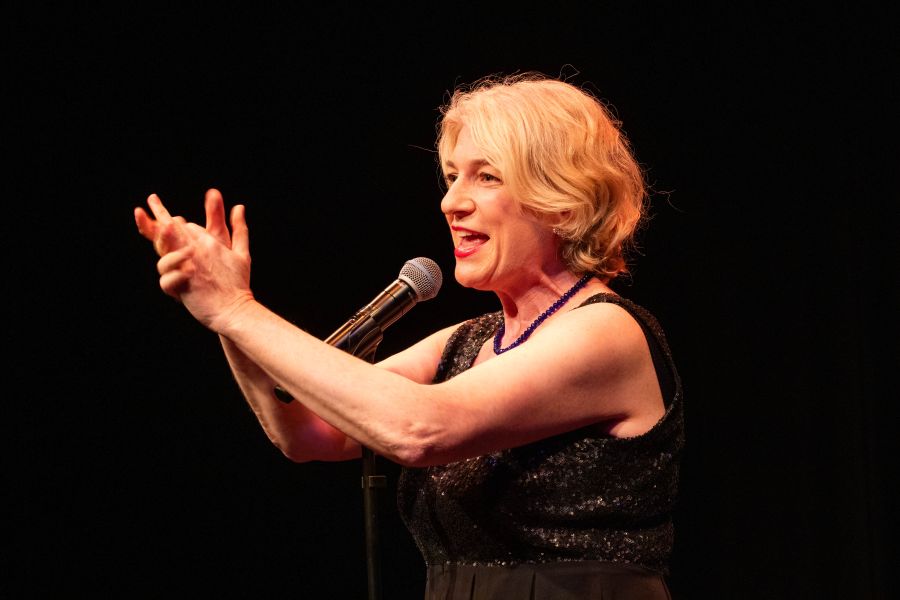
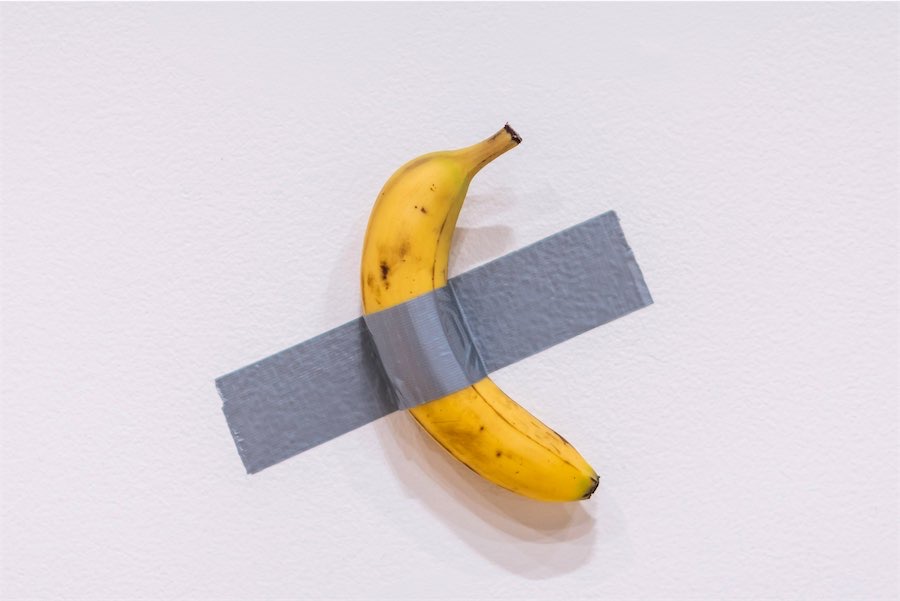

Leave a Reply